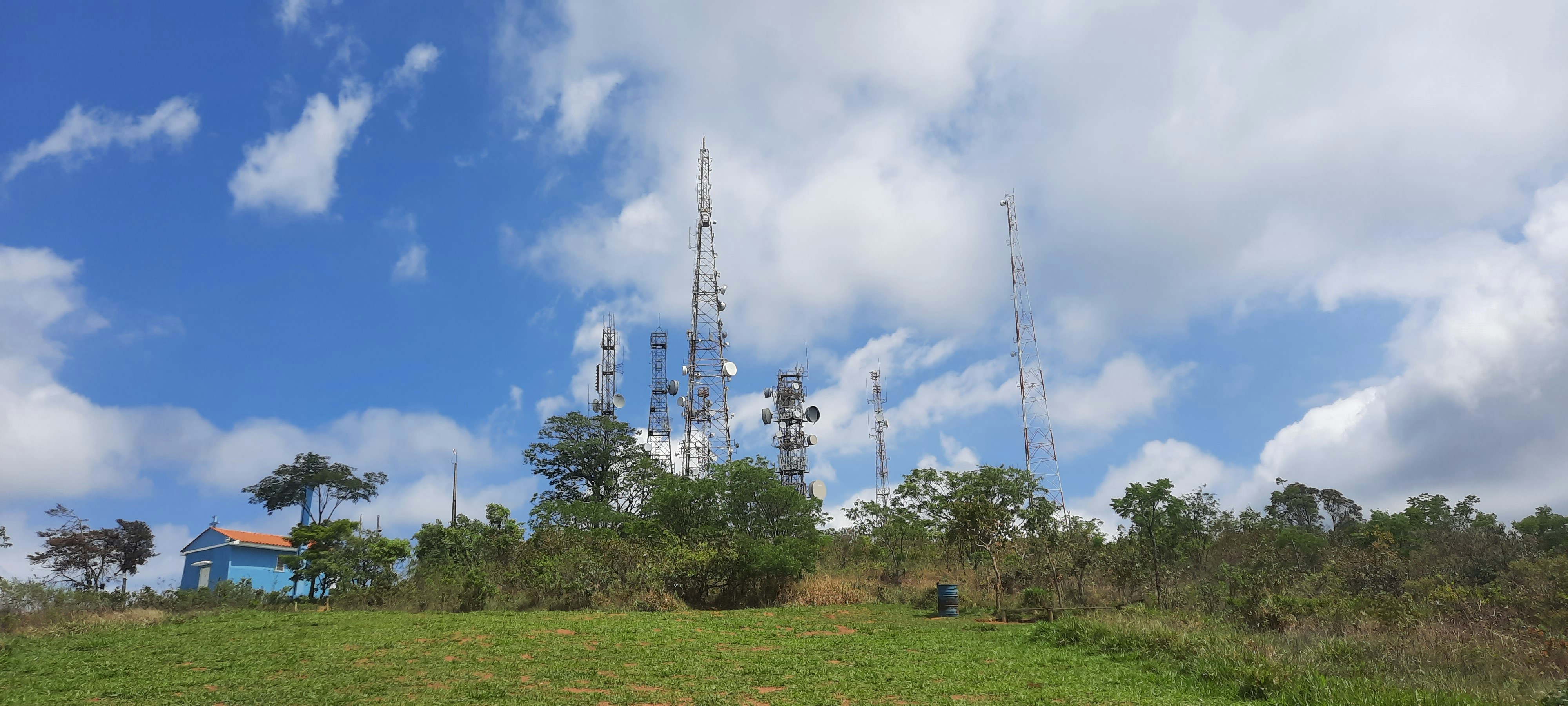Telecom Operators are at risk to pay around 3-5% and 8% of the AGR as spectrum usage charges and license fees, individually, to DOT (Department of Telecommunications)
- AGR is the basis on which DoT calculates taxes payable by operators and it has been a bone of dispute in the Telecom sector for over a years
- Telecom operators have asked for a minimum of six months to pay their AGR dues
The Supreme Court on October 24, Thursday sustained the description of Adjusted Gross Revenue (AGR) initiated by the Department of Telecommunications (DoT), putting an end to a 14-year old legal battle between telecom operators and the Government.
This comes as a major upset for telecom operators as they will have to pay out a massive ₹92,000 crores of past dues at a time when they are already dealing with debt pressure and reduction in revenues. Telecom operators have asked for a minimum of six months to pay their AGR dues. The apex court said it will consider their request. While shares of Vodafone Idea dropping by 23.4% to end at Rs 4.33, followed by for Bharti Airtel, which had dropped nearly 6% after the news, improved and ended more than 3% higher at 372.45 rupees.
“Bharti Airtel shares are up even still it will be impacted by the SC order. This is because investors are pricing in a two-player market, with the assumption that Vodafone Idea will not be able to survive under the weight of the penalty,” said analysts at two domestic institutional brokerages requesting anonymity. AGR is the basis on which DoT calculates levies payable by operators and it has been a bone of contention in the sector for over a decade. Telecom operators are liable to pay around 3-5% and 8% of the AGR as spectrum usage charges and license fees, respectively, to DoT.

The matter was under litigation for 14 years with telecom operators arguing that AGR should include revenue from telecom services, but DoT insisting that AGR should include all revenue earned by an operator, including that from non-core telecom operations. The battle started when telecom operators migrated to the new system offered by the government in 1999 under which operators agreed to share a certain percentage of revenue with the government.
The case has seen multiple judgments by telecom hearings and the final hearing by the Supreme Court was held on 1 August 2019. With the government’s win, Bharti Airtel will have to pay ₹21,682 crores and Vodafone Idea will have to pay ₹28,308 crores. For Reliance Jio, the amount is just Rs 13 crore as it entered the sector only three years ago. This amount includes interest, penalty, and interest on penalty expanding liabilities.
Back in 2005, the telecom industry body Cellular Operators Association of India had challenged the definition of AGR and certain components included in AGR as being conflicting to the Telecommunication Act and the recommendations made by the TRAI. COAI had alleged that DoT unilaterally changed the earlier understanding of the definition of revenue share to include the revenue received by the licensees from their non-licensed activity.




